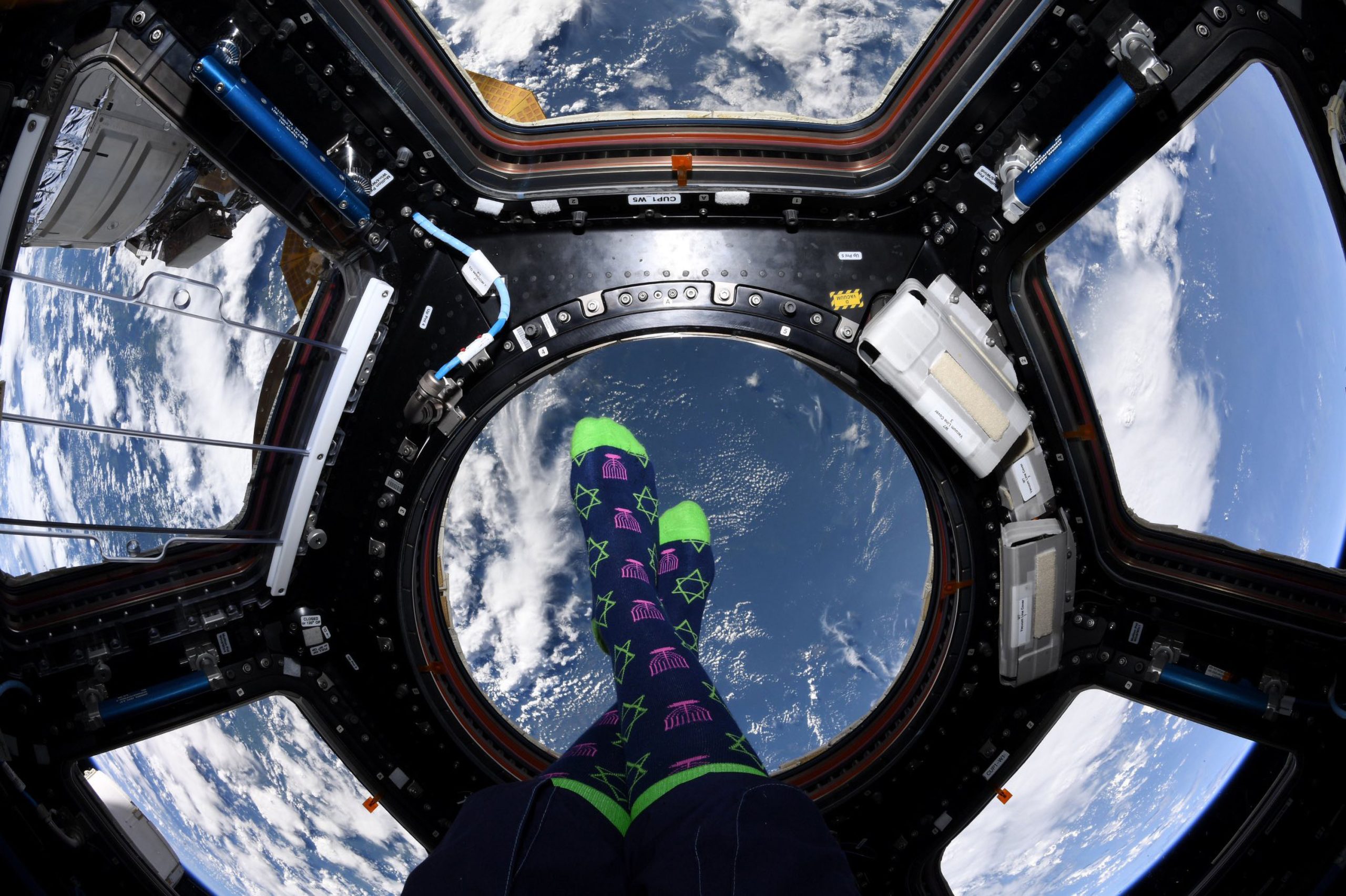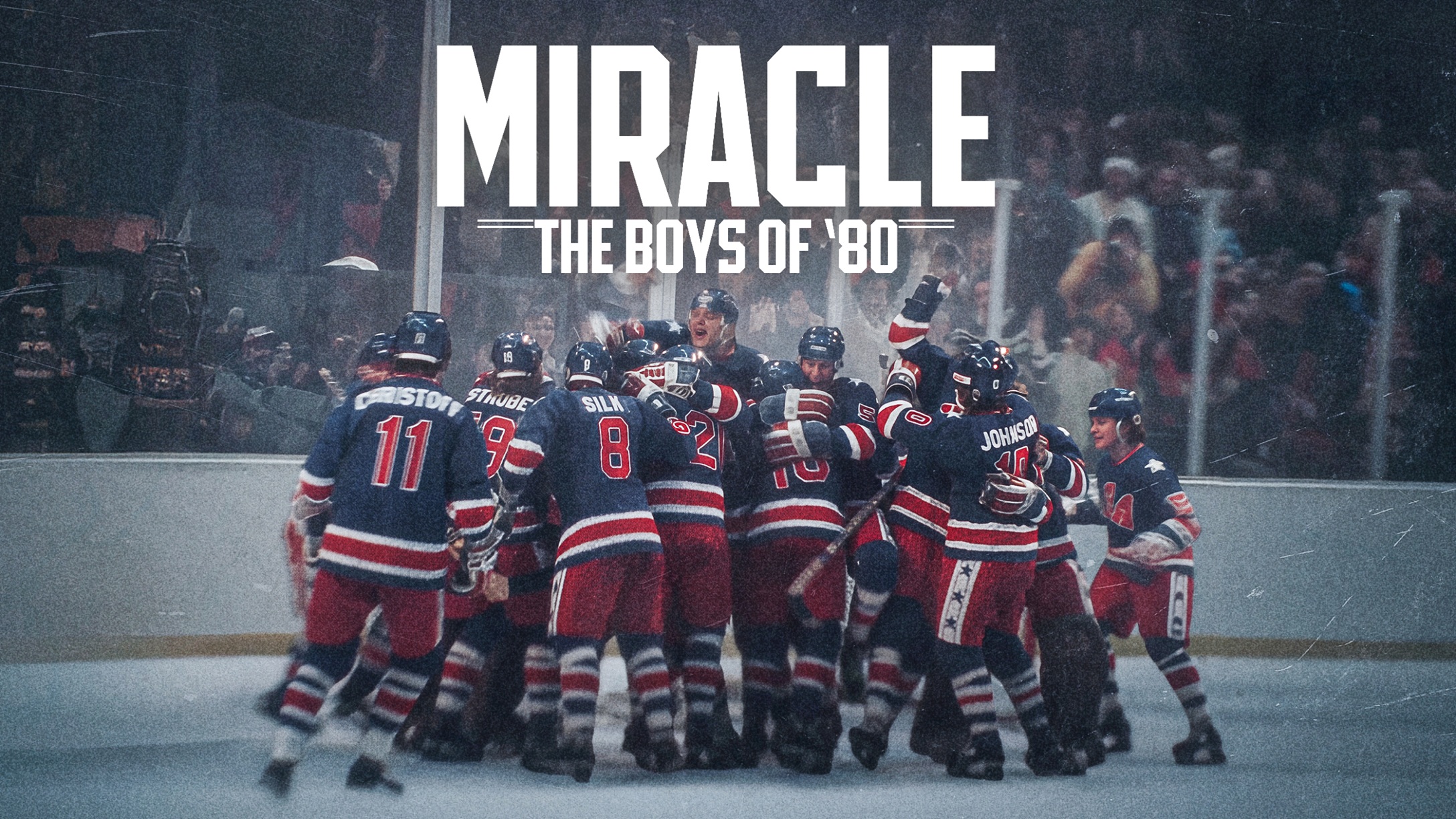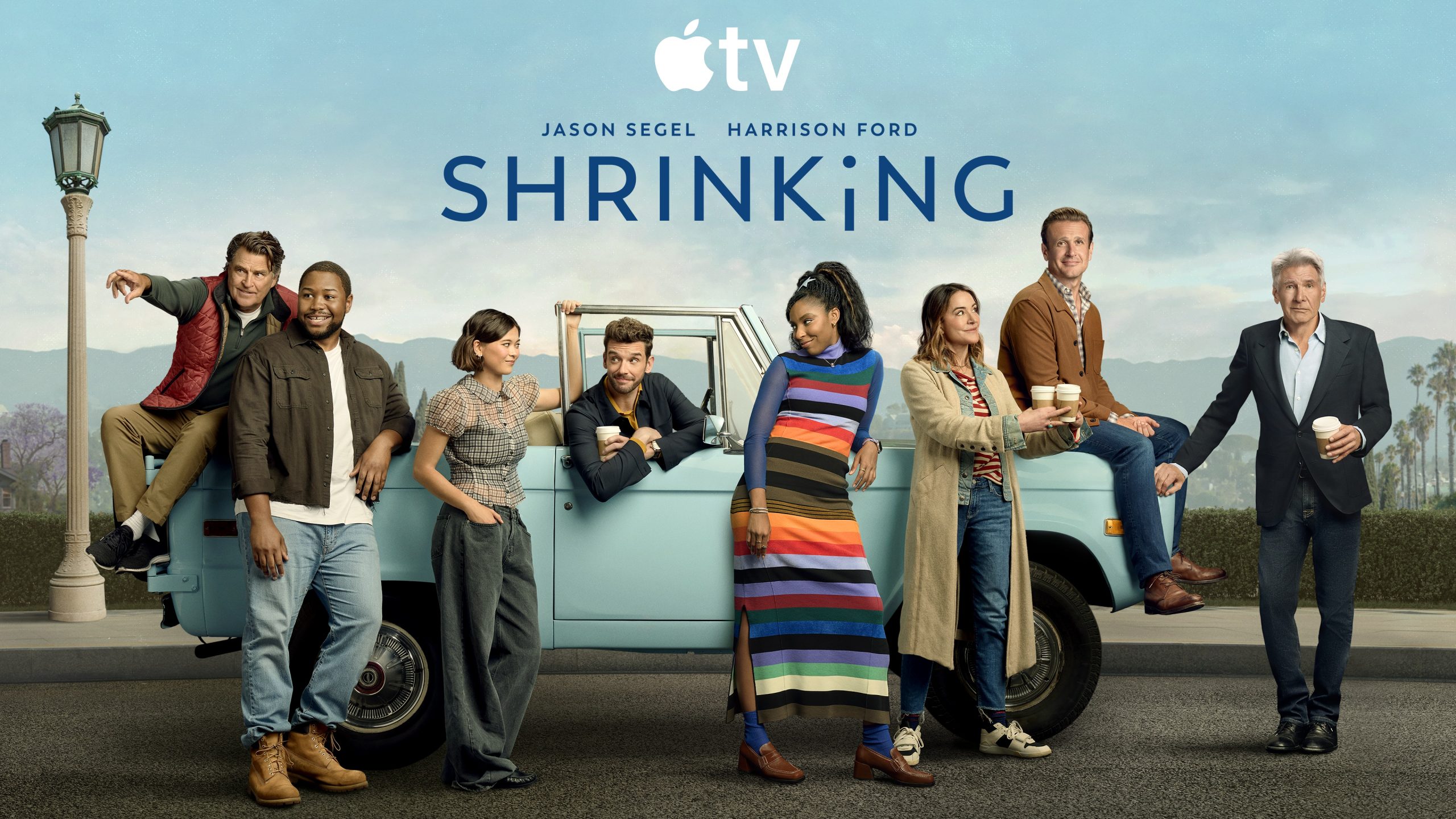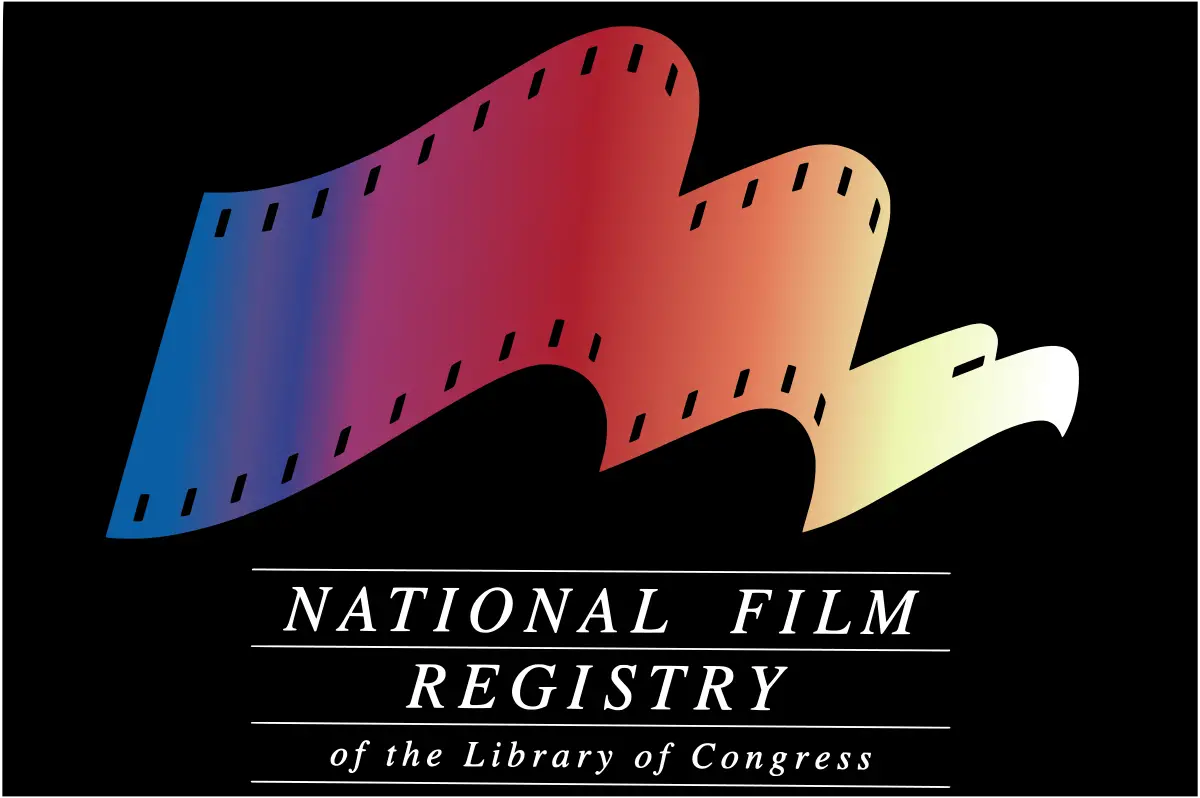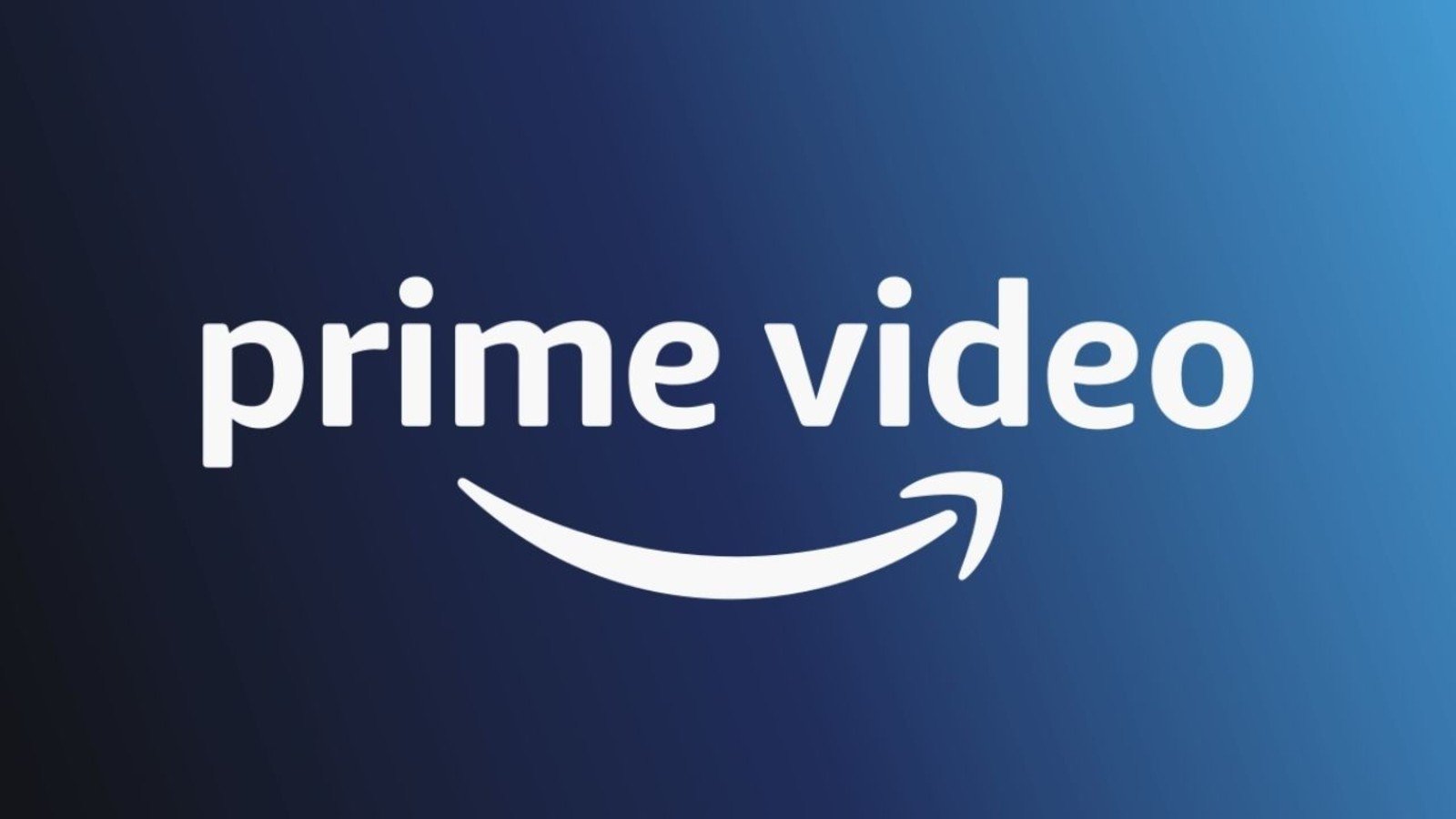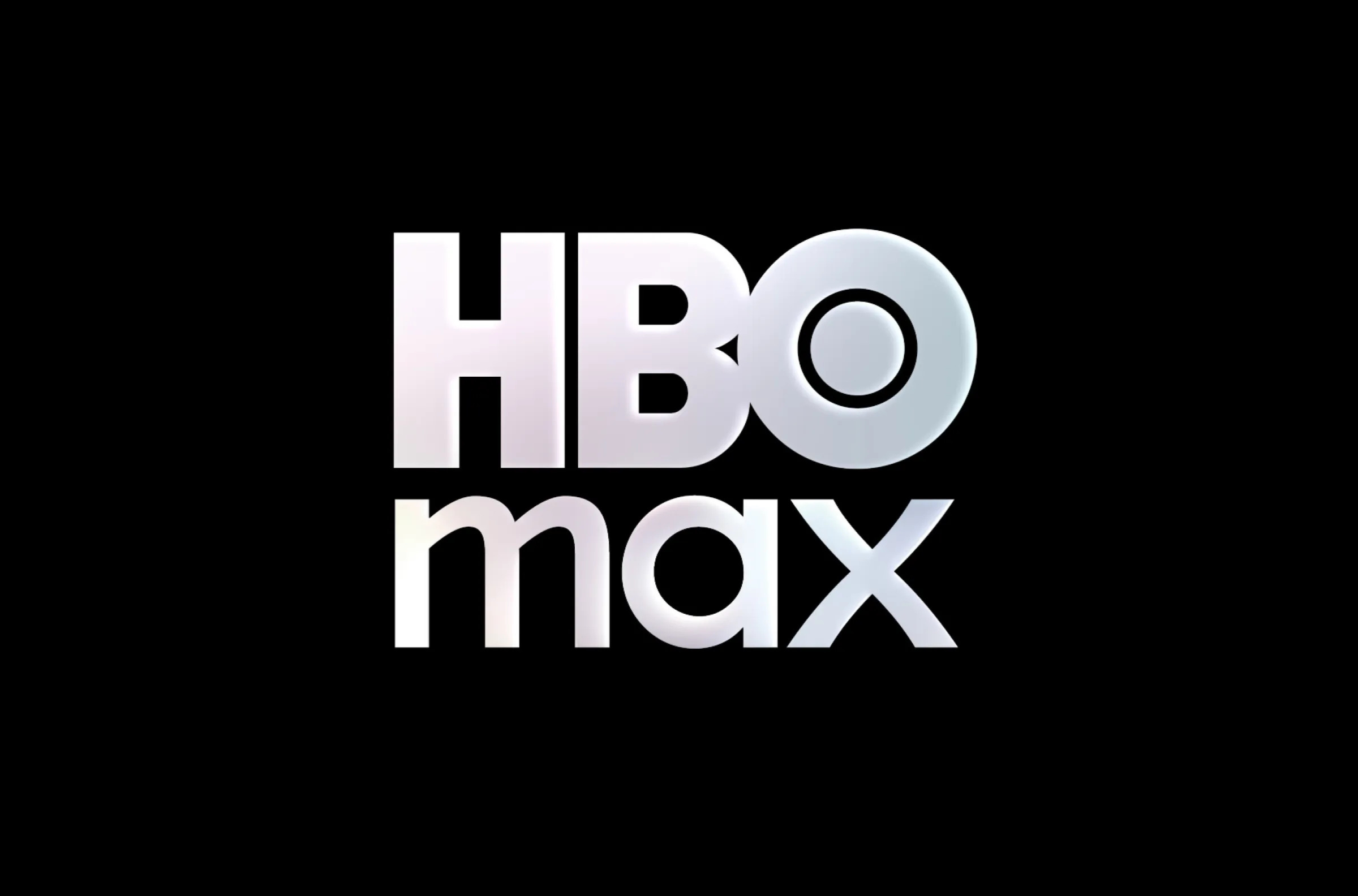
Wendy Sachs discussed October 8, a documentary about the surge of antisemitism in America following the October 7 attack in Israel. The film was previously titled October H8te until being acquired by Briarcliff Entertainment.
As I wrote in my review last December, documentary filmmaker Wendy Sachs puts on screen what so many of us have been shouting for over a year now about the skyrocketing antisemitism in the US and how anti-Zionism is just another form of antisemitism. Since I wrote that, we’ve reached 17 months of unsettling antisemitism. According to the filmmaker, Jewish audiences have found the film “very affirming.” It’s true. It’s why I responded to the film in the way I did, even awarding it a Solzy Award for Best Documentary Feature.
But the Jewish response is not why she made the film. Wendy Sachs wanted to “make a film that spoke to a global audience so they can understand what modern-day antisemitism looks like, and how anti-Zionism has really become the modern-day form of antisemitism.” Here’s to hoping that the people who need to see the movie will see the movie–if social media platforms like Bluesky are any indication, it’s going to be something of an uphill climb.
It is not an understatement to say that October 8 is one of the most important documentaries of the year. While it was submitted to the Academy Awards last year, it failed to make the shortlist. It’s not for the lack of trying. Much like We Will Dance Again, IDA refused to run ads in their email blasts.
After an Oscar-qualifying run and a few months of Jewish film festival and one-off screenings, October 8 is opening in theaters on March 14. Check your local listings for details.
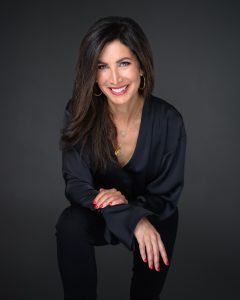
It’s so nice to finally talk face to face.
Wendy Sachs: Yes.
What was the genesis behind October 8?
Wendy Sachs: The genesis was October 7th. I was visiting my daughter at the University of Wisconsin. We saw what was going on. Like most of us in the Jewish community, we felt gutted by the images we saw coming out of Gaza, of children and babies and grandparents and concertgoers, young people being murdered—live-streamed, murdered on Facebook, and those images on Telegram—being kidnapped into Gaza.
But really, to me, it was the aftermath. It was October 8th and October 9th. You’re seeing Hamas being celebrated as freedom fighters, rather than as terrorists, in the streets of New York and around the country. You see what was unfolding at Harvard on October 9th, when more than 30 student groups signed on to a letter blaming Israel on the attack on itself. It spread like wildfires at Tulane, NYU, Columbia, Cornell, Penn.
I was seeing what was coming out of social media and I just thought that the world had lost its mind. Within two and a half weeks of October 7th, I started writing a treatment for the film. It felt epic. What we were seeing was this modern Kristallnacht and the celebration of Hamas as freedom fighters at the most elite institutions in our country.
The silence from so many—from Hollywood to Capitol Hill to women’s rights organizations—it just was stunning to me. It was shocking, maybe not surprising, but nevertheless, gut wrenching, and it felt like I needed to document what was happening.
How did we get to this moment where Hamas is being celebrated as freedom fighters, not as terrorists? How did we get to this moment, where the smartest people in America seem to be on the wrong side of this issue? How do we get to an America where this sort of irrational, obsessive hate of Israel has just overwhelmed so many that you can’t even show sympathy to the murdered and to the kidnapped?
How did we get here? That’s really what the film unpacks.
There are so many clips of videos that went viral all across social media. Were there any clips that could have made it in, but didn’t make it in, because you were running out of time?
Wendy Sachs: Oh, are you kidding?!? I’ve got 170 hours of footage. This film is 110 minutes of a film. So yes, there are 40-something interviews that aren’t in the film. My interviews go for hours and it’s condensed down to 5 or 6 minutes for each scene. There’s a tremendous amount of footage that didn’t make it into the film.
We wanted to make sure that it wasn’t too academic, too wonky, and too preachy. We had to lose a lot of that. I interviewed more than a dozen college students and most of those students didn’t make it into the film either. I went with the strongest, most compelling stories, and there’s plenty of good storytelling that’s just not in the film and lots and lots of clips that didn’t make it into the film.
There are scenes from the UCLA encampments that didn’t get in, which I thought were some really great footage from that. No Zionists allowed. There are lots of stuff that just, obviously for time, couldn’t get in.
What was the most challenging aspect in making the documentary?
Wendy Sachs: How to take 170 hours of footage in 80 interviews and condense it into something watchable and something that was going to keep young people engaged. I always did it through a lens of keeping young people engaged and making sure that the pacing was really fast, just given everyone’s short attention span these days, and to really strike a balance.
I knew that we’re not litigating the war here. This is not political. We’re not talking about the Bibi government. We’re not talking about land or borders or anything like that. But just given the nature of the film—that it’s about Jews and it’s about what happened in Israel—I knew that the film was going to be really scrutinized, and I wanted to make sure that we had this sort of not just the smartest voices, but I would say the most sort of even voices as our experts. That was really, really important to make this film.
Because really, this film is not for Jewish audiences. As much as Jewish audiences are loving the film and it’s very affirming for them, for the community, and inspiring for young people, I wanted to make a film that spoke to a global audience so they can understand what modern-day antisemitism looks like, and how anti-Zionism has really become the modern-day form of antisemitism.
When you see signs like no Zionists allowed, that means no Jew allowed. That needs to be really crystal clear. We’re also just feeding a lot of information, a lot of data points on how many Jews there are in this country in America and how many Jews there are around the world, and what happened to the Arab world when Jews were kicked out. People don’t even know that there were Jews in the Arab world or in such high numbers and now there are zero.
There’s a lot of data points that we’re trying to get across and information for because people just don’t know. It’s not like everyone’s a hater out there. It’s that they just don’t know a lot. I was trying to make a film that would reach these audiences, document what had happened, document this sort of epic level of antisemitism and this moment in our history. It’s the modern-day Kristallnacht and reach audiences who I feel like need to be reached out to.

Have you been able to make any inroads within the audience that needs to see the film, but has been so silent and indifferent to where it’s like, where have you been for the last 17 months?
Wendy Sachs: Yeah. There’s a lot of interest in this film. I was screening in Mexico City. I did three sold out screenings. One of the screenings, half of the audience was not Jewish. There’s a lot of interest in the Christian and Evangelical community, the Black community, and really from around the world.
I would say that the film is getting a lot of attention. We’re getting a tremendous response to it. The next phase of it, really, the long tail of the film is its impact campaign, which means bringing it around and creating these conversations with the Hispanic community, the Black community, the Evangelical and Christian community, Indigenous, Latino community. All the various groups and creating these important conversations—super, super important.
The other big piece is education, about getting this film into schools. My mission is bringing this not just to college campuses, because I’m starting to do that, but really have a curriculum that is attached to this film so it’s a teaching tool, and so that it’s going into universities, but it’s also going into K through 12, which is super important right now
Just the way that Holocaust history was at one point taught in American schools—it’s not as much these days—I want this film to be part of an October 7th curriculum. That’s the long tail of this film. That’s my next big initiative with the film. I will say there really is interest for this and support.
How soon before last year’s October premiere and subsequent Oscar-qualifying run was the film locked for release?
Wendy Sachs: It was locked in the first week of October, right before we premiered. The film’s been locked.
A number of October 7 films had trouble getting distribution. How thrilled were you about the film getting a distributor?
Wendy Sachs: Beyond. I am so grateful, so appreciative, that Briarcliff came on board with Tom Ortenberg. I’ve had the support of Teddy Schwarzman and Black Bear Pictures. He’s been a champion of the film. He’s an executive producer on the film. He helped find distribution for the film. He’s just been a real supporter. I am beyond grateful for their support and for their enthusiasm for this project.
Listen! It has taken a herculean effort to get this out in the world. First of all, to get it made, to make it so quickly, to raise all of the money. It’s a donor funded film. I didn’t take any investor money, and this was literally me having Zoom calls with people, who I did not know, raising money. That is what this has been.
Many incredible people came on board this project. We have a Grammy Award-winning music composer, Sharon Farber; a Grammy award-winning songwriter, Autumn Rowe. She’s Black and Jewish. We have a Grammy award-winning music supervisor, Bonnie Greenberg. It’s a premium film. I hired Mass FX for the graphics and animation. They’re the folks who did The Social Dilemma. I wanted to make sure that this was a premium documentary. This was not just a passion project. I feel like it stands out in a sea of other documentaries that are October 7th-related. Frankly, I wanted to make this not an October 7th film. There are plenty of those out there. This was not about survivors. It was not hero stories.
Frankly, being an American Jew, I was telling this film from an American Jewish experience. I’m not Israeli so I couldn’t tell those survivor stories. That wasn’t what I was, not to say not interested in, but what I was just more taken by was the explosion of antisemitism on college campuses and on social media in the streets of America. That’s what I wanted to document—what was happening here. It’s the October 8th story, it is the aftermath.
Finding distribution was certainly a challenge. I still don’t have representation in Hollywood. I don’t have an agent. The film wasn’t represented by an agent. It was a very challenging—listen, the IDA wouldn’t run our ads when we were doing the Academy Award campaign. It’s now well known that they canceled the ad campaign of We Will Dance Again. They didn’t even take our ads. At first, I didn’t understand that. I was told, Oh, they just don’t have room in their email blasts. Now we actually know what was going on.
We were late to the game, first of all, for the Academy campaign. We had just wrapped the film in October and we were encouraged to go for it just given the quality of the film and the timeliness of it. We hustled. We did a short campaign as quickly as we could, down and dirty grassroots.
We did a screening at the DGA. We took out an ad in Variety. We did what we could under the time constraints. But yeah, the uphill battle of getting a film like this out in the world, anything that seems remotely sympathetic to Israel or to Jews after October 7th can feel radioactive in Hollywood these days.
Oh, I’ve noticed, especially being on the entertainment-adjacent side of journalism with so much unfriending, unfollowing, and blocking.
Wendy Sachs: Yeah. Listen, it’s ugly out there. For people who have the audacity to ask for the hostages to be released or to show sympathy, the level of hate and vitriol and cancellation—that’s real.
Listen, I’m really grateful for the army of people who have been behind me. I feel like I’ve had the wind at my back making this film and getting it out in the world.
I think that there’s a lot of support, even for folks who might have been more quiet in Hollywood, they’ve spoken to me and they’ve been trying to be helpful to me. I’ve really appreciated all of that.
What do you hope audiences take away from watching the film?
Wendy Sachs: That antisemitism has morphed, and modern day antisemitism is anti-Zionism, that there really is no light between the two.
This doesn’t mean criticizing the Israeli government doesn’t make you an antisemite. Everyone should. There’s good reason to do that. But when you say that Israel is the exception among nations—a pariah state—and no other country is criticized at the level that Israel at is, that should be a cause of concern. People should think about that critically.
When China, Iran, Sudan—when those countries are not criticized at the level that Israel is and Israel is exceptionalized, that is antisemitic. That is antisemitism. When you say Israel doesn’t have a right to exist, that is antisemitic. No other country is told that they don’t have the right to exist. That in itself, that’s what we’re talking about here.
We’re not talking about the government. We’re not talking about policies we’re not talking about Bibi we’re talking about. Does Israel have a right to exist? If you say that they do not, you are going into antisemitic territory. That’s one of the big takeaways.
I also want people to understand that SJP is not just an organic student organization like students for climate change, students for reproductive freedom, or students for LGBTQ rights. It is not. It is tentacle of the American Muslims for Palestine, the Muslim Brotherhood. It is all interconnected and we show that in a graphic. It is connected to Hamas in America. They are getting their marching orders from Hamas in America and their messaging. It is very sophisticated and they’ve been playing the long game. They’ve figured out how to see their messaging on college campuses for decades. It comes from the faculty, not just the students. Those two points to me are real big takeaways: of what SJP is, what’s happening on campus and what antisemitism looks like today.
Again, not about Bibi, not about politics, not about the government. Does Israel have a right to exist? That’s what we’re talking about here. That has manifested. This irrational, obsessive hate of Israel has manifested into a lack of any sympathy or empathy for the abduction of 251 people from Israel and the killing of 1,200. It’s just blinded people.
Thank you so much.
Wendy Sachs: Thank you. Thanks so much for being interested in the film.
Briarcliff Entertainment will release October 8 in theaters on March 14, 2025.
Please subscribe to Solzy on Buttondown and visit Dugout Dirt.

